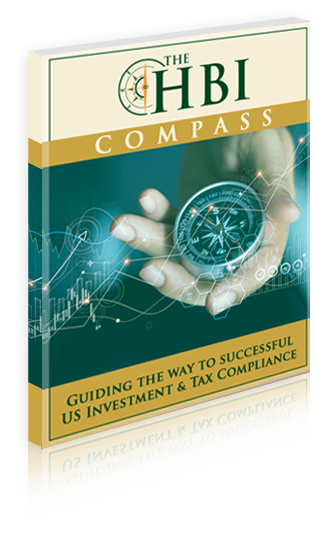If you’re a non-resident earning income from U.S. sources, an important date is fast approaching. The June 15 filing deadline for non-residents is your opportunity to report income, including rental earnings, capital gains, and other types of income. Missing this deadline could result in serious penalties, but understanding the rules now can help you stay fully compliant and avoid penalties.
Who Needs to File by June 15?
Non-resident aliens — individuals who are not U.S. citizens or residents for tax purposes — must file a U.S. tax return if they have U.S.-source income. This includes:
- Rental income from U.S. property
- Capital gains from selling U.S. assets
- U.S.-based wages or consulting income
- Other U.S.-connected income
If you fall into any of these categories, the June 15 filing deadline for non-residents applies to you.
What Happens If You Miss the Deadline?
The consequences for late filing can be serious. Significant civil and criminal penalties may apply to individuals and entities who fail to report U.S. source income properly. These penalties can include steep fines and, in extreme cases, criminal prosecution.
That’s why it’s crucial to either file by June 15 or take the right steps to secure an extension.
How Extensions Work (And When They Don’t)
If you can’t meet the June 15 deadline, the IRS allows you to file an extension request, moving your filing deadline to October 15. However, there’s one major catch:
- An extension only protects you from late-filing penalties.
- If you owe U.S. income taxes and do not pay them by June 15, interest and penalties will still apply.
To qualify for an extension without penalty, you must ensure no payment is due when you file the extension.
Who Counts as a “United States Person”?
Understanding definitions matters. A United States person includes:
- U.S. citizens
- U.S. residents
- Entities like corporations, partnerships, or LLCs created or organized in the U.S.
- Trusts or estates formed under U.S. law
If you are any of these, or doing business with them, different tax rules may apply. Always consult a tax professional on our team to ensure you’re categorized correctly.
Don’t Miss Your Deadline
The June 15 filing deadline for non-residents isn’t flexible, and the consequences for late or incorrect filing can be severe. Whether you’re earning rental income, reporting a property sale, or managing other U.S.-source income, taking early action is key. Need expert help navigating your filing or securing an extension properly? HBI Tax specializes in helping individuals and businesses stay compliant and avoid costly mistakes.



